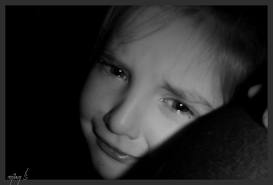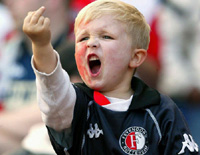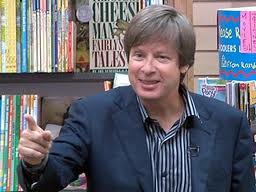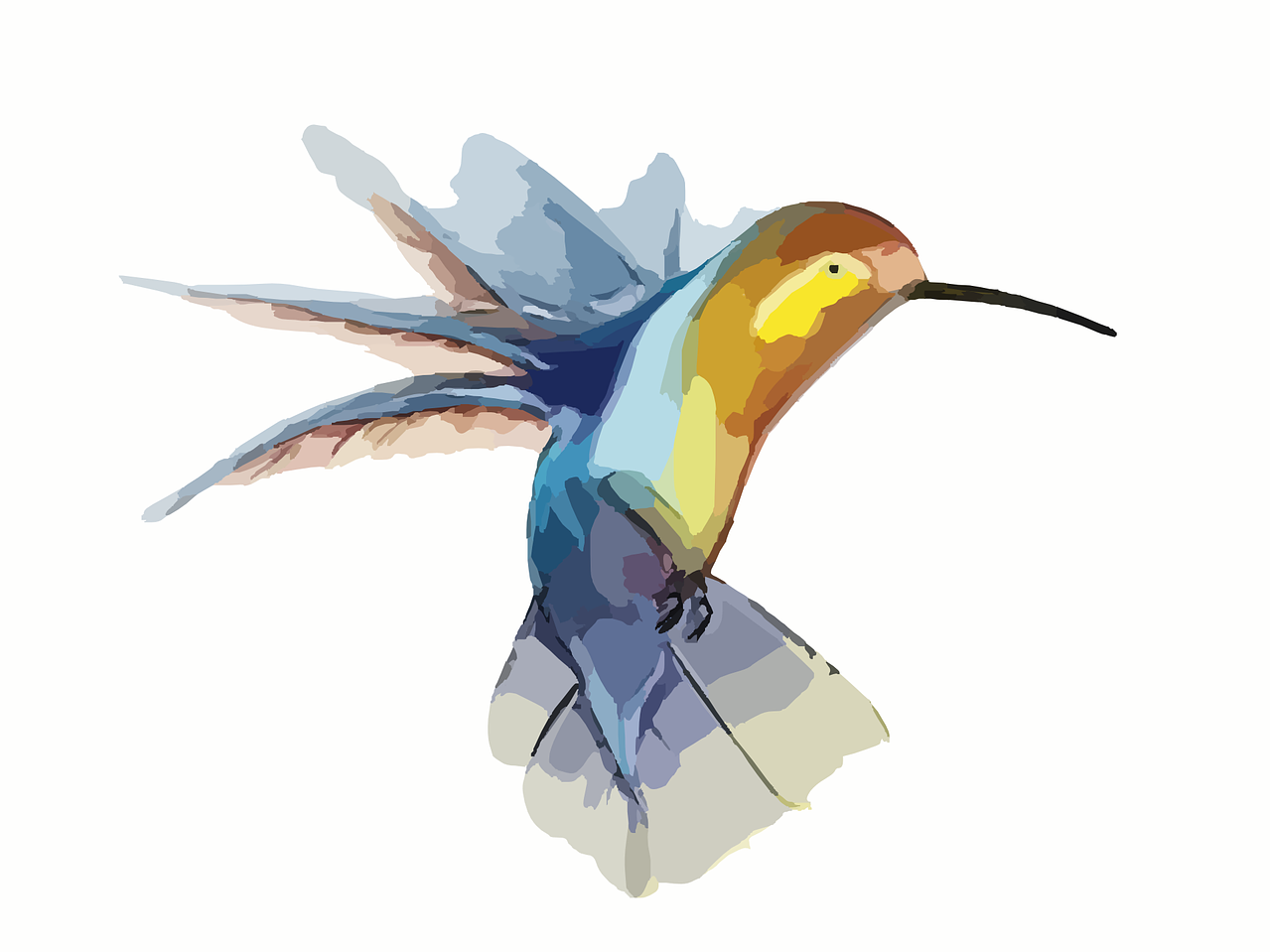Evolution, Yes! Physical Modification, No!
What the Humane Being is, and WHO they are, are those who have seen the spectrum, or at least realize it, and know that a mature-adult (not just someone in a grown-up body) is someone who is accountable for their choices, the consequences, and puts fear in perspective to principle. Never denying the former but placing emphasis on the latter, even when they do not personally benefit from the outcome.
There are many beings struggling to emerge. Whether we reach critical mass of this new evolutionary paradigm of being remains to be seen. Being Humane is as difficult as knowing Truth; seldom of our liking but inescapable that we assert it or suffer a little death of true personality at the hands of our own fragile and protective ego.
Speaking to what a Humane Being is not…a spiritual UberMench! Neitztche’s Zarathustra may have proclaimed it the highest state of humanity, but I don’t think an unbridled libido and aggressiveness should really qualify. Simply, these are mere animal states. Ayn Rand’s versions from Atlas Shrugged and Fountainhead don’t qualify either since their predation does not thin the herd of the lesser, it exploits all those who simply wish to live. Like Rand herself, they were parasitic vampires convinced of their own superiority and self-adorned right to achieve godhood (We have a few dozen of these vermin running around the planet consuming up the resources at this very moment in history…emphasis on the his, aspect.)
Many a Humane Being had to slog through individualism of the lone-wolf perspective. Where what they witness in societies acclamations were more akin to psychic suicide rather than meaningful adherence to a mutually beneficial social contract. Many attempted to swallow such a bitter pill but could not establish the mind-numbing denial of the obvious hypocrisies rife in homo sapien behavior. Yet, in true social approval seeking form blamed themselves as being wrong, bad, distorted or ashamed. Thus, putting them in an existential dilemma and causing them to see themselves as an ‘outsider’ who must hide in plain sight lest they be discovered, and hence ostracized even more cruelly than they do themselves. They begin a journey into “the valley of the shadow”. A descent into the depths of themselves. Some result in actual suicide unable to find a platform where they can fit in even an inner world where they can find some modicum of love or deservedness to keep themselves alive, let alone practicing health self-care.
The Humane Being is Solipsistic but not Narcissistic. They realize that ‘their world’ stems indeed from their own perspective and sovereignty. But they are also able to entertain that other equally self-centered beings exist, can have not only valid, but brilliant points of view about life, living, or skills to earn a livelihood, that need not threaten their own. This ability to truly value and appreciate another is virtually lost on the Narcissist whose view of other is merely how that other can be a means to the narcissists own ends.
Humane does not mean weak nor will shy away from violence, either. The Humane Being knows that meeting a rabid dog, one should first stay away from it but when it attacks, kill it. False mercy is not virtuous when a threatening agent is left unchecked to infect, terrorize or subvert.
Another major aspect of Humane Being sovereignty is they realize that social hierarchies challenge everyone to be both follower and leader each at various times. Asserting principle instead of hiding behind one is the evaluative metric that one must keep in mind. A Humane Being cannot fake or hide from themselves when they face such a choice. A Humane Being will stand alone when they must, even when terrified and knowing they may be vulnerable to social onslaught, but the principle of courage motivates them even when it is not readily present.
Humans and the Ego-Driven HOMO SAPIEN

Everyone I’ve ever met has a “Wounded Inner Child (WIC).” This, judging from the extremely immature and irrational ways that “grown-ups” treat each other, no matter what strata or cross-section of society you are taking about. Humankind is in need of real healing. It begins when we grow out of the WIC, evolving the attributes of the “Magical Child” (awe, wonder, presence) into the wise and compassionate “Inner Adult.”

Let’s not reprimand the “inner child” concept. But are you defeating your own long-term healing and accomplishments? It is absolutely necessary that we understand that the reverse form of inner child abuse is self-indulgence. Most people mistake it for healthy self-care. In the forum of modern American dialogue, concerns about childhood obesity and indolence are near the top of the list regarding the uncooperative nature of many young people. They are becoming Brats! Many have used the excuse of the WIC to unleash what I call the “Bratty Inner Child (BIC).” The BIC is defiant, rebellious, and self-righteous. These characteristics then masquerade as confidence and labeled as personal power. You can identify the BIC because its statements and decisions are charged with emotion: usually fear or anger. Also, the phrasing or actions of the BIC are always defensive and blaming. We’ve all seen business people, teachers, and politicians act in these very ways. We of the healing arts are not exempt. Inside of a fully grown body, the BIC is usually protected by or fights with the “Inner Parent.” Both of them, needing to be right, will present a facade to the world that looks in control. When in the presence of the Parent or BIC, you will feel ill-at-ease or threatened instead of inspired. Much is written about the nature of “inner child”, but very little about it’s offspring the Inner Adult. Presented here is a list of those attributes.
The Adult: has the ability to make and keep reasonable agreements with themselves and others. Can forestall short-term gratification in order to achieve a long-term goal. Knows reasonable proportional responses: i.e. doesn’t blow-up when the something small happens. They can differentiate between his/her responsibilities and those of others. Fears are based upon real world concerns, and not inner dialogues or possible scenarios of the past. The can set boundaries and knows when to say no. Knows when risk is appropriate. Relies on internal authority and ethics when making decisions. Confronts issues with a willingness to compromise a position if appropriate and yet can stand for principles that are genuinely felt. Is willing to change a position when new, clearer, more accurate information or experience becomes available.
They can change their behavior when a strategy continues to produce the same negative result. Is willing to have their emotions and doesn’t self-judge inappropriately. Is capable of doing things for others without feeling resentful, obligated, or for specific personal gain. Takes reasonable care of their body and does not overly indulge or rigidly discipline themselves. Knows how to accomplish tasks within a reasonable period of time. Can put their own feelings aside when another is in greater turmoil or need. Knows to communicate pertinent information without getting into story or defense about it. (ex. a building catches on fire – the adult says “there is a fire.” The child runs in and says “I didn’t do it” even before they mention the blaze.) Is genuinely kind and respectful of the rights of another human being, but does not placate, pretend, or deny their own real feelings if asked about them. Is culpable for actions they themselves do, or those that they could have reasonably prevented others from doing. This includes making reasonable and proportional amends to the other person for problems that were created due to your action.

Knows how and when to say a genuine “I’m sorry”, without making it sound sarcastic or cold. This means you take responsibility for portion of the problems you have caused another person. Apology means compassion for them, not pity for yourself having made a mistake. They know that indiscretions happen and while embarrassed to a degree, they are not gripped by the arrogance that shame can trick people into showing as aloofness or vain superiority. Hence, their dignity and inner moral compass, cause them to acknowledge suffering they have caused to someone else.
But most of all, a healed adult has a sense of humor about life, themselves, and the dramas that we create for ourselves. While taking life seriously, their mood is one of most often curiosity, concern, and a knowledge that making decisions is best done from a calm place. From here all things are possible.
